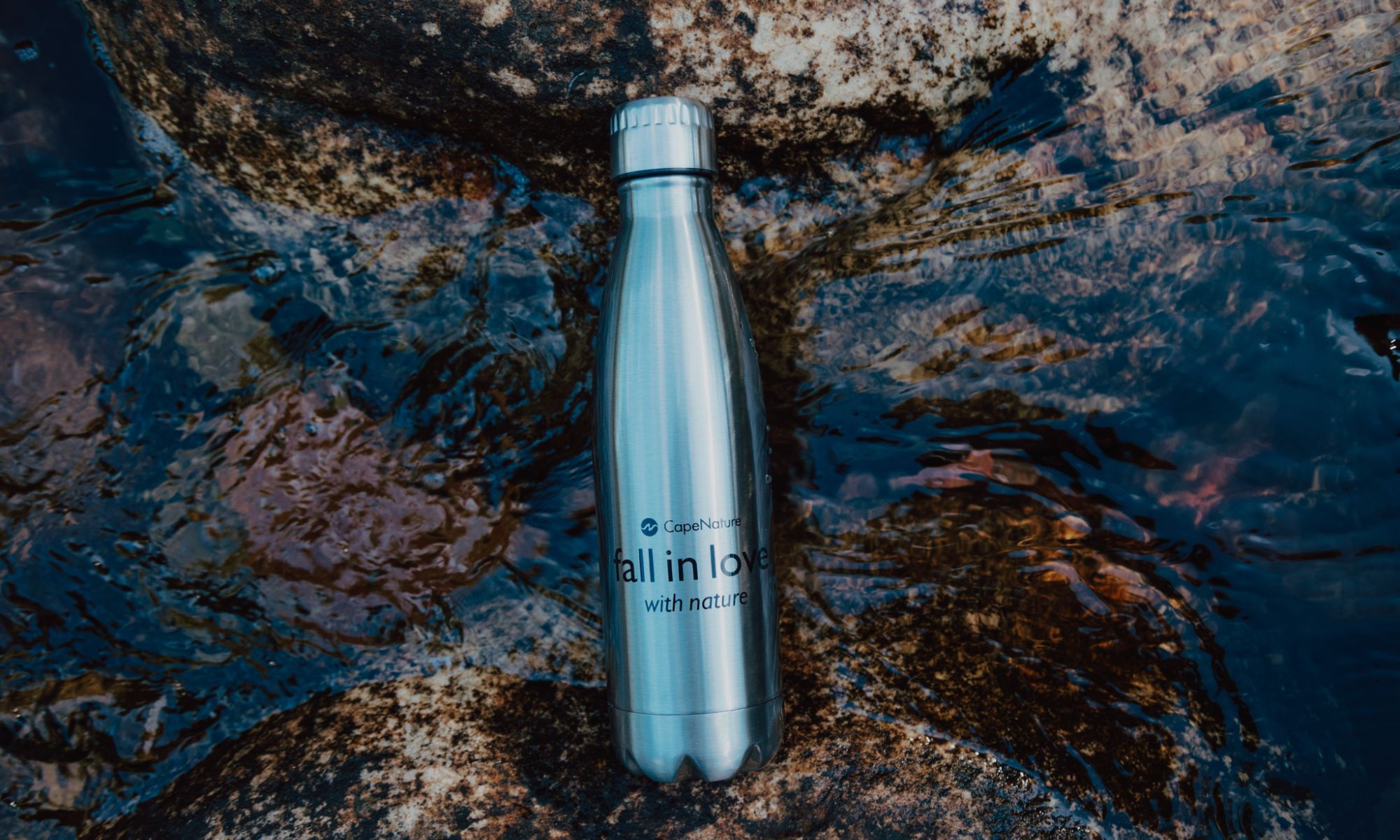
Be Fire Safe with CapeNature this fire season
From April 2021 to March 2022 CapeNature responded to 87 wildfires which burned nearly 30 000 hectares compared to 76 fires burning just more than 31 000 hectares in the same period in 2020 and 2021. CapeNature was able to contain 54% of fires where less than 10 hectares were burned and 24% where less than 100 hectares were burned. Considering the large size of most of CapeNature’s protected areas, and distances required to travel or walk to reach the fires, this is a significant accomplishment. These results are only possible due to the collaborative effort of the Department of Local Government: Provincial Disaster Management, District and Local Municipalities, Fire Protection Associations, the Working on Fire Programme, Volunteer Wildfire Services and other fire volunteers, neighbouring landowners and the general public.
CapeNature manages more than 800 000 hectares of protected areas in the Western Cape of which most is part of the Cape Floral Region World Heritage Site. The Cape Floral Region is recognised as one of the most special places in the world for plants due to the diversity, density and number of endemic plant and animal species. These protected areas are recognised especially for their diversity of endemic and threatened plants and conserve the outstanding ecological, biological and evolutionary processes associated with the distinctive fynbos vegetation, unique to the Cape Floral Region.
Fynbos plants, such as proteas, need fire to stimulate them to release their seeds which then germinate into new plants. However, many fynbos plants need more time to mature and set seed between fires and may be eliminated from these protected areas because of increased fire frequencies.
Most fires do not start on CapeNature protected areas. In 2021/22 only 26% of fires CapeNature responded to started in CapeNature protected areas largely due to lightning strikes. A total of 55% of fires were started by people, either through negligence or on purpose, 14% started by mechanical means (powerlines, trains, or equipment such as chainsaws/brush cutters) and 5% through prescribed burning practices.
Dr Razeena Omar, CEO of CapeNature urges everyone to take responsibility: “Due to the high number of fires that occur as a result of negligence, it is critical that everyone is aware of the significant role they can play in stopping veldfires before they start. Veldfires place all fire-fighters at risk as they put their lives in danger to protect life, property, and biodiversity. Many of the fires CapeNature responds to could easily have been prevented. The costs to suppress veldfires are exorbitant, often associated with the loss of property and livelihoods having significant impacts.”
There is much that the public can do to help prevent fires and CapeNature appeals to every person to do their part by practicing fire safety as we enter the warmer, drier months. Open fires, especially during warm, windy days, are a common cause of uncontrolled fires and preventative measures include things such as only using designated fireplaces and facilities, never leaving a burning or smouldering fire unattended and avoid starting a fire when it’s hot and dry. Fire safety practices also means preparing your home to prevent fires. This includes reducing the fuel load around buildings, clearing a defensible space around your home and ensuring water availability in case of an emergency.
It is critical that smoke or fire be reported immediately. Time lapsed can mean the difference between minor damage and total devastation and it is best practice to have the emergency numbers saved where they can be accessed easily. Be fire safe - dial 112 from a cell phone or 10177 from a landline to report smoke or fire, no matter how insignificant it may seem. Click on the links to read everything you need to know about fire prevention and fire management.





